Vitamin C: The Secret Weapon for Aging Skin
Vitamin C emerges as an essential component in the quest for anti-aging skincare, wielding its prowess through antioxidant properties, collagen synthesis, and a myriad of benefits that collectively safeguard the skin against premature aging and promote a more youthful, resilient complexion.
With age, you’ll notice some of these changes appearing in your skin.
- Pigmentation and uneven skin tone as sun damage rises to the surface
- Fine lines and wrinkles due to loss of collagen
- Dryness and dullness due to dehydration or reduction of sebum (from oil glands)
- Textural changes from environmental exposure to airborne pollutants
All of these effects compound and cause the skin to age. As someone who talks to people about their skin everyday, I wanted to created something that helped to mitigate these signs of aging help people address these things simultaneously.

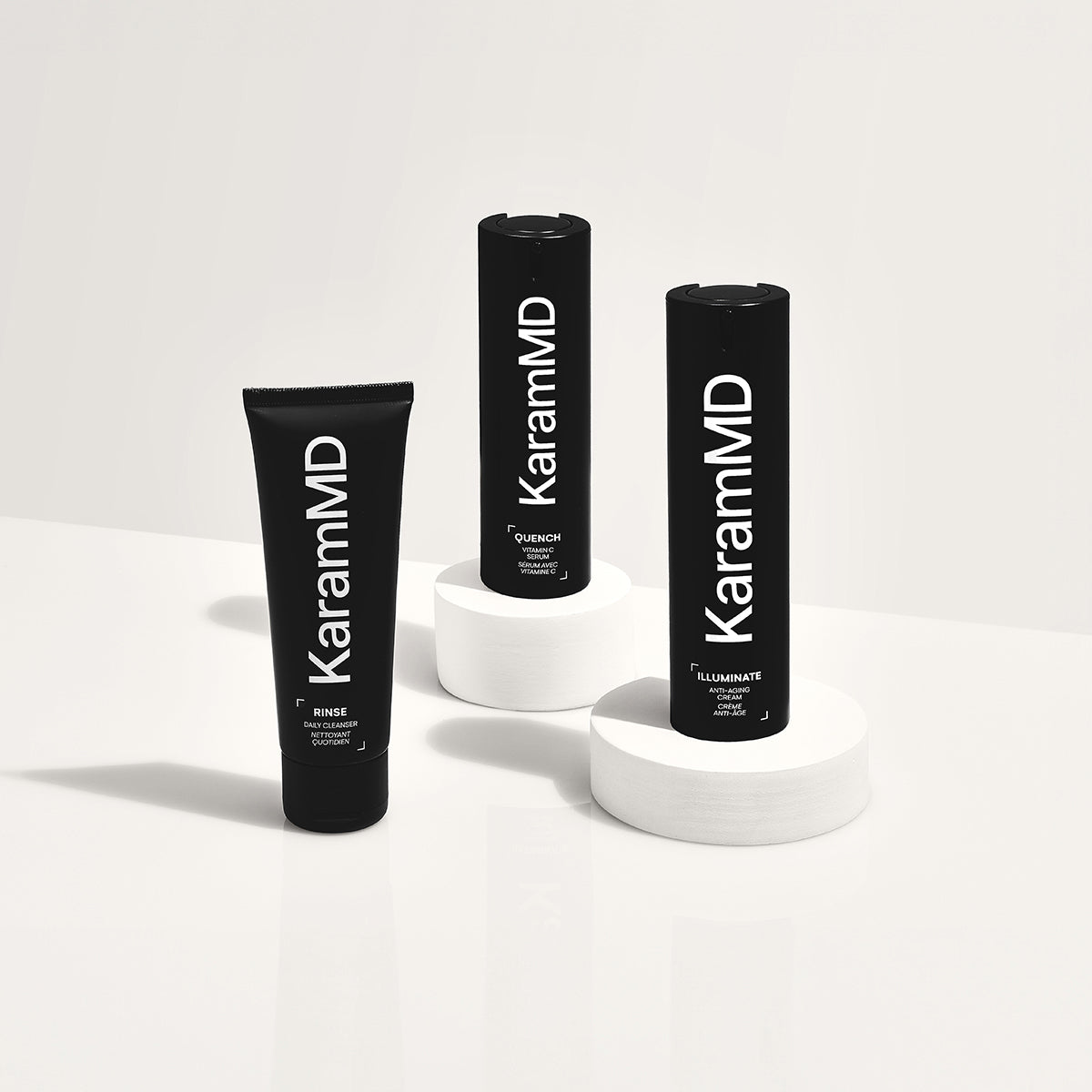
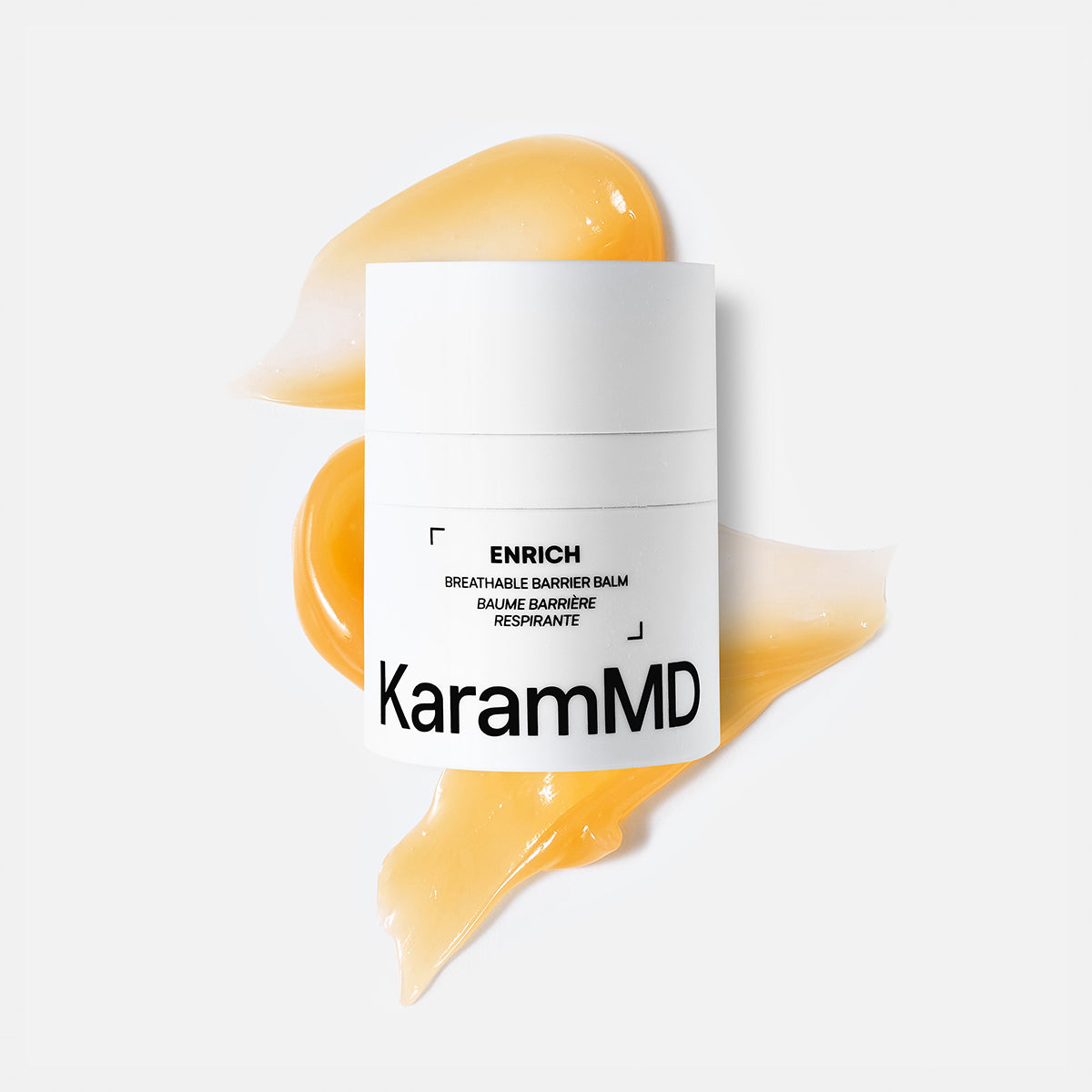
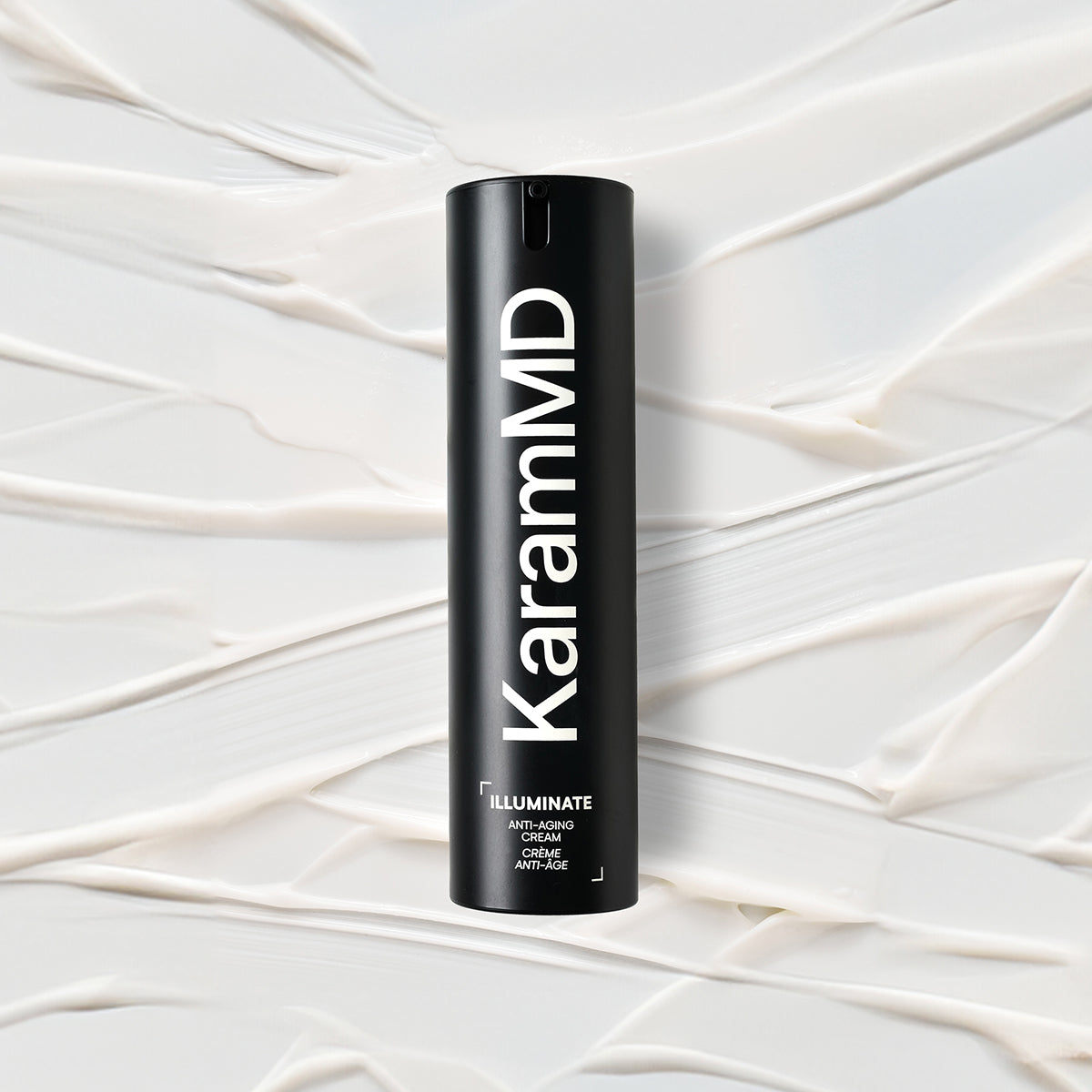
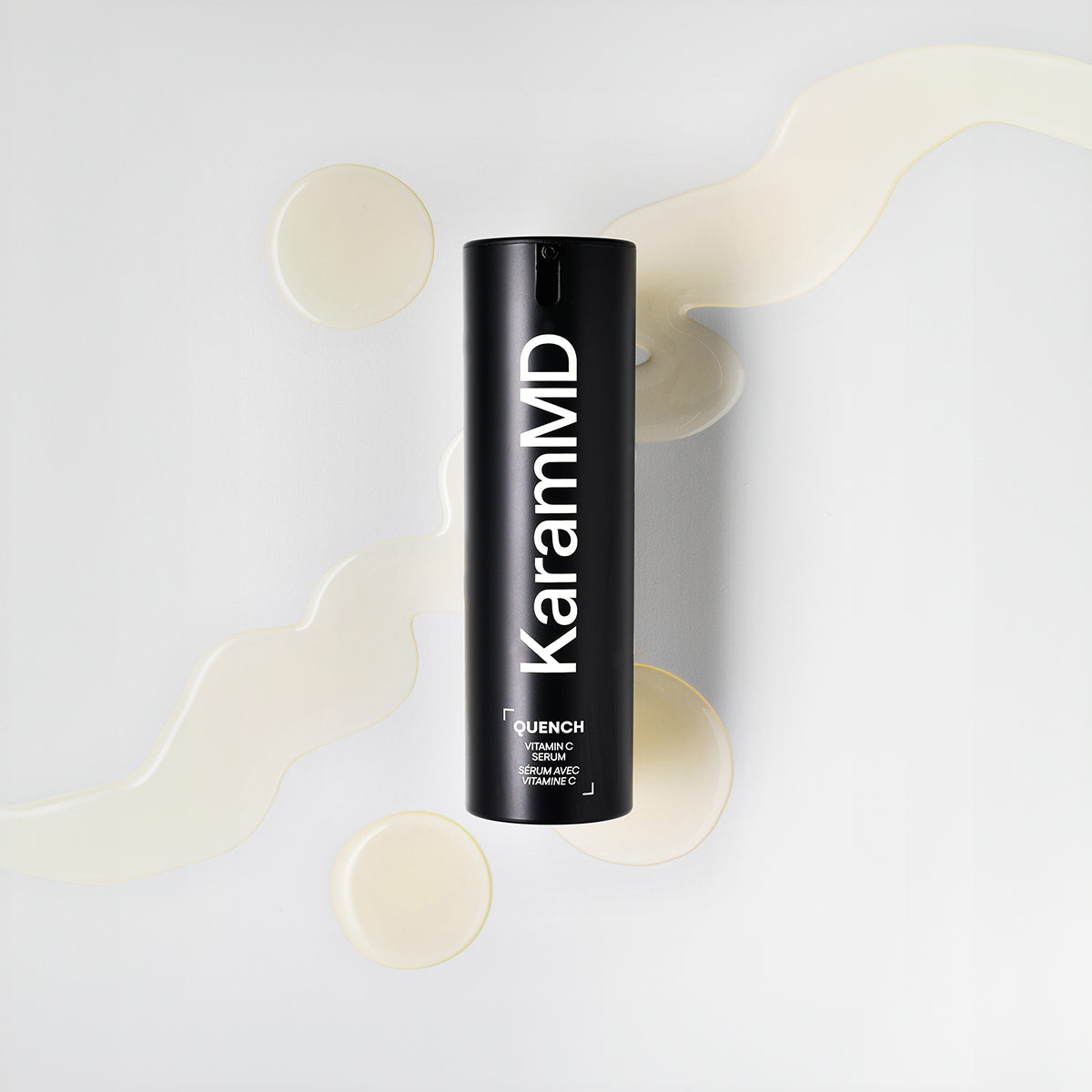
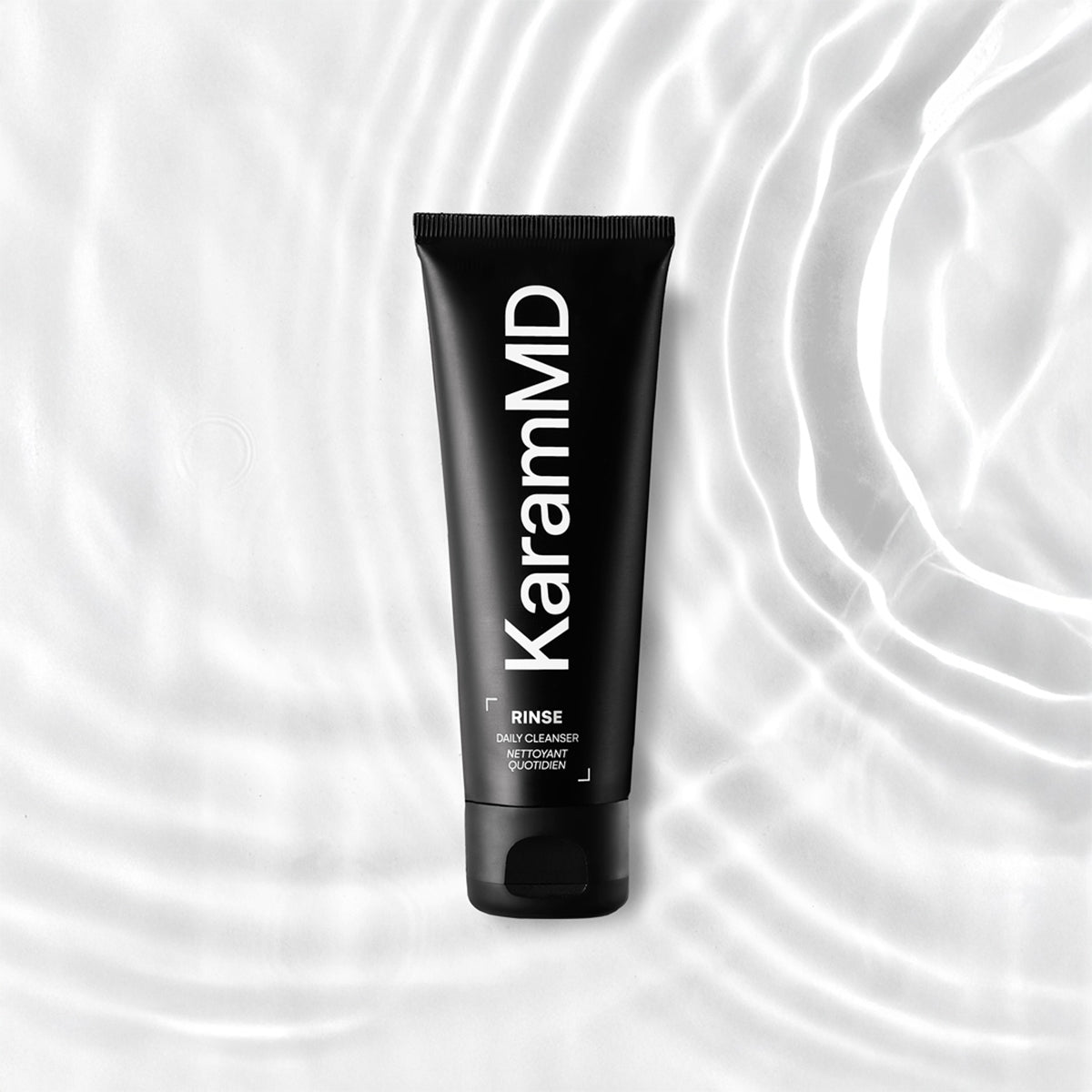
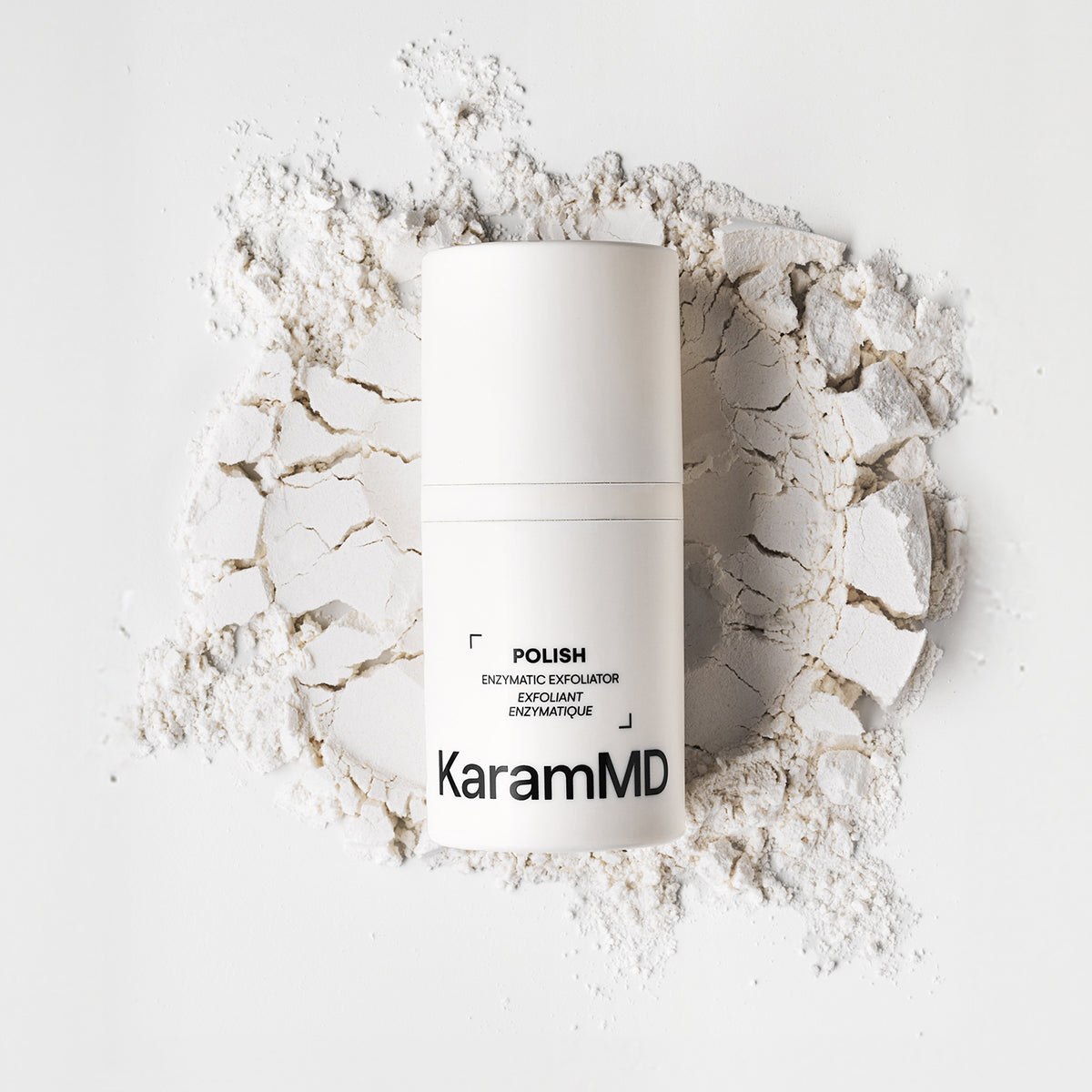
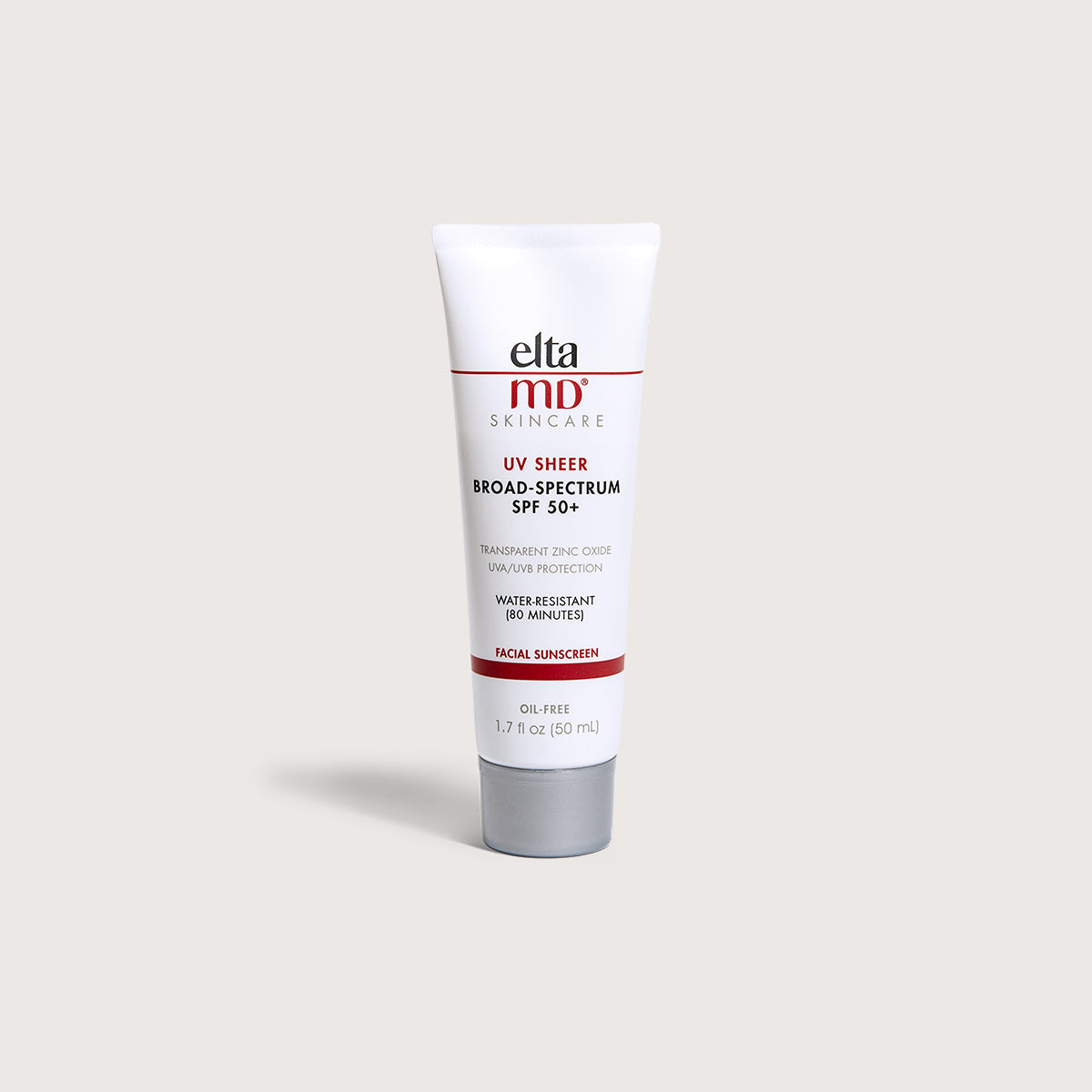
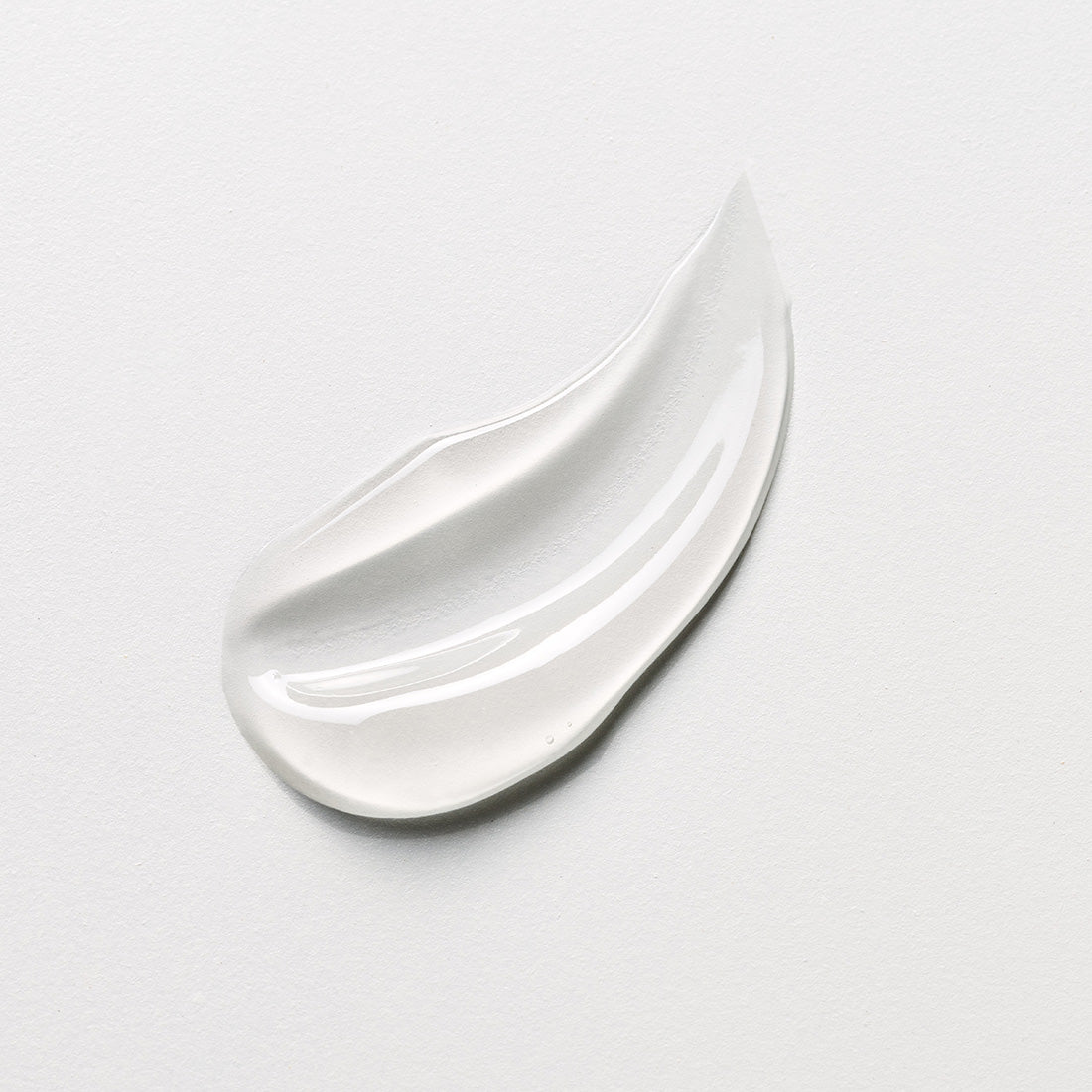

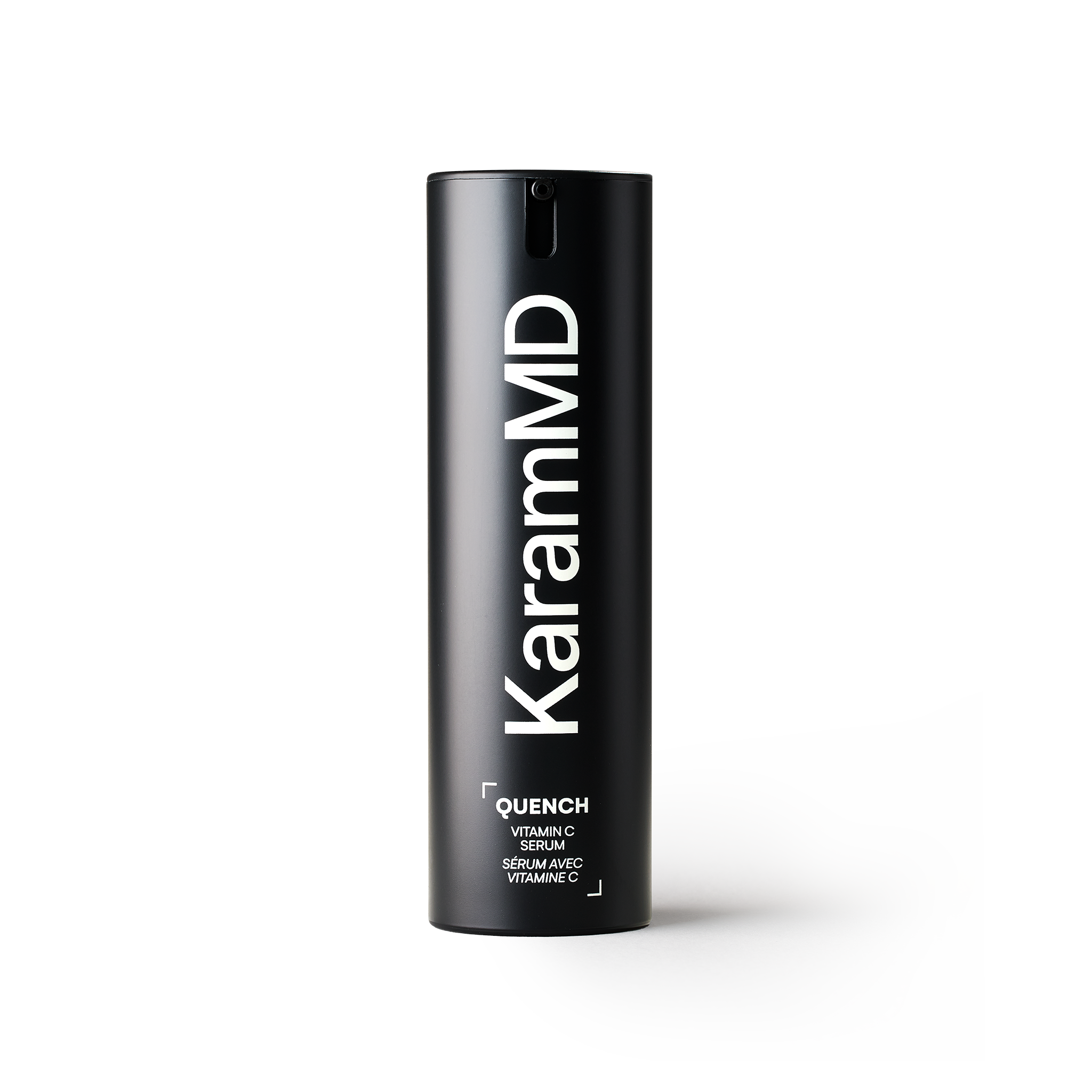
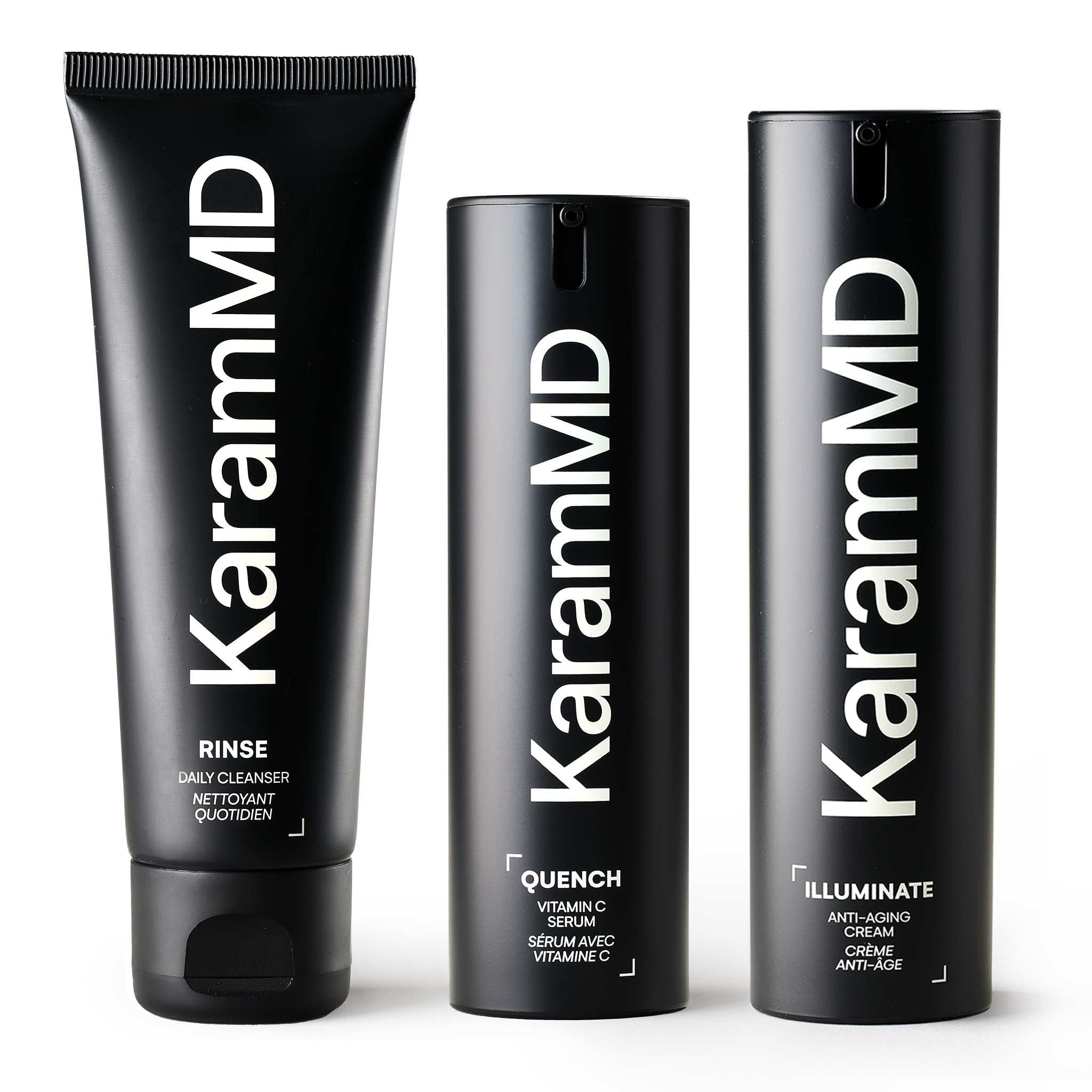

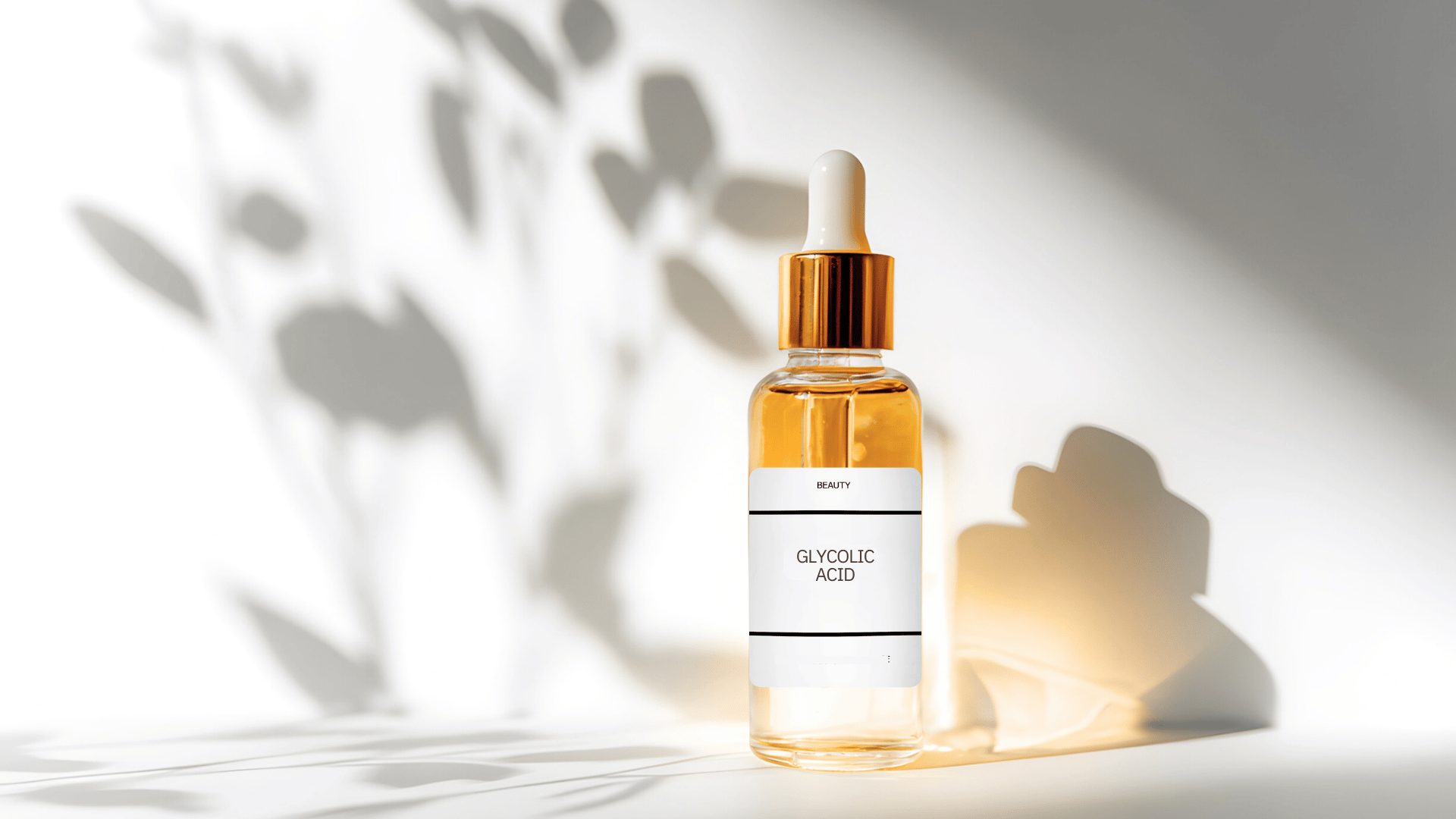
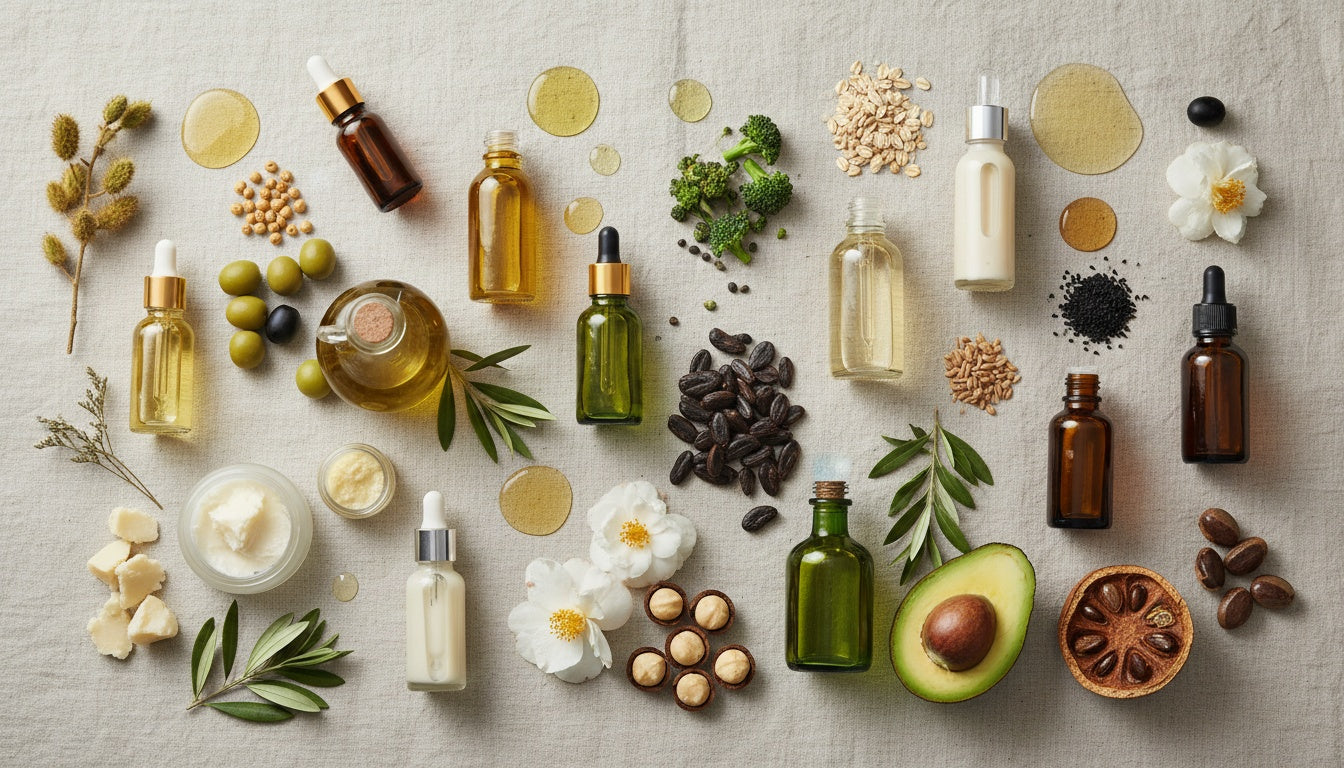
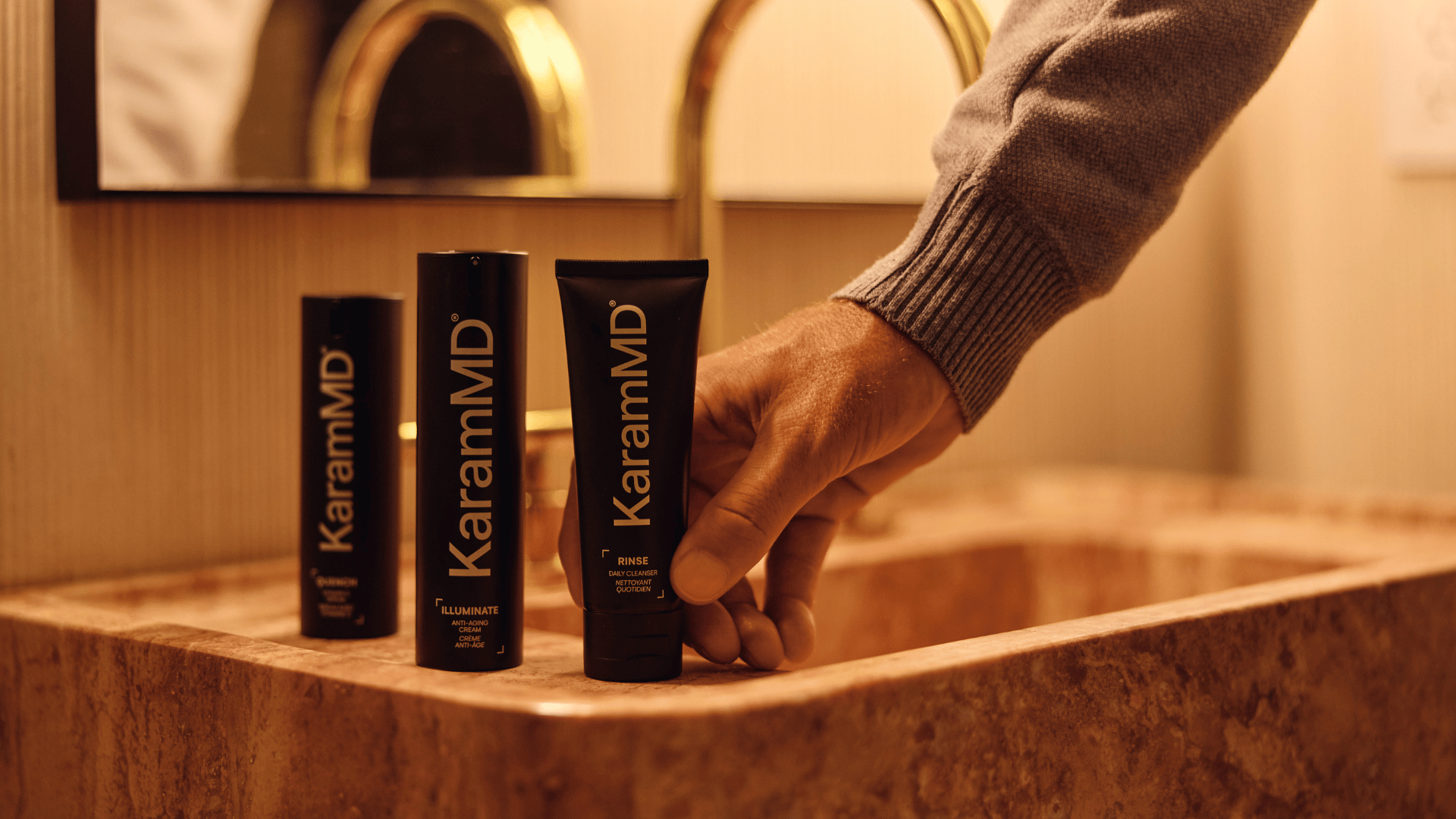

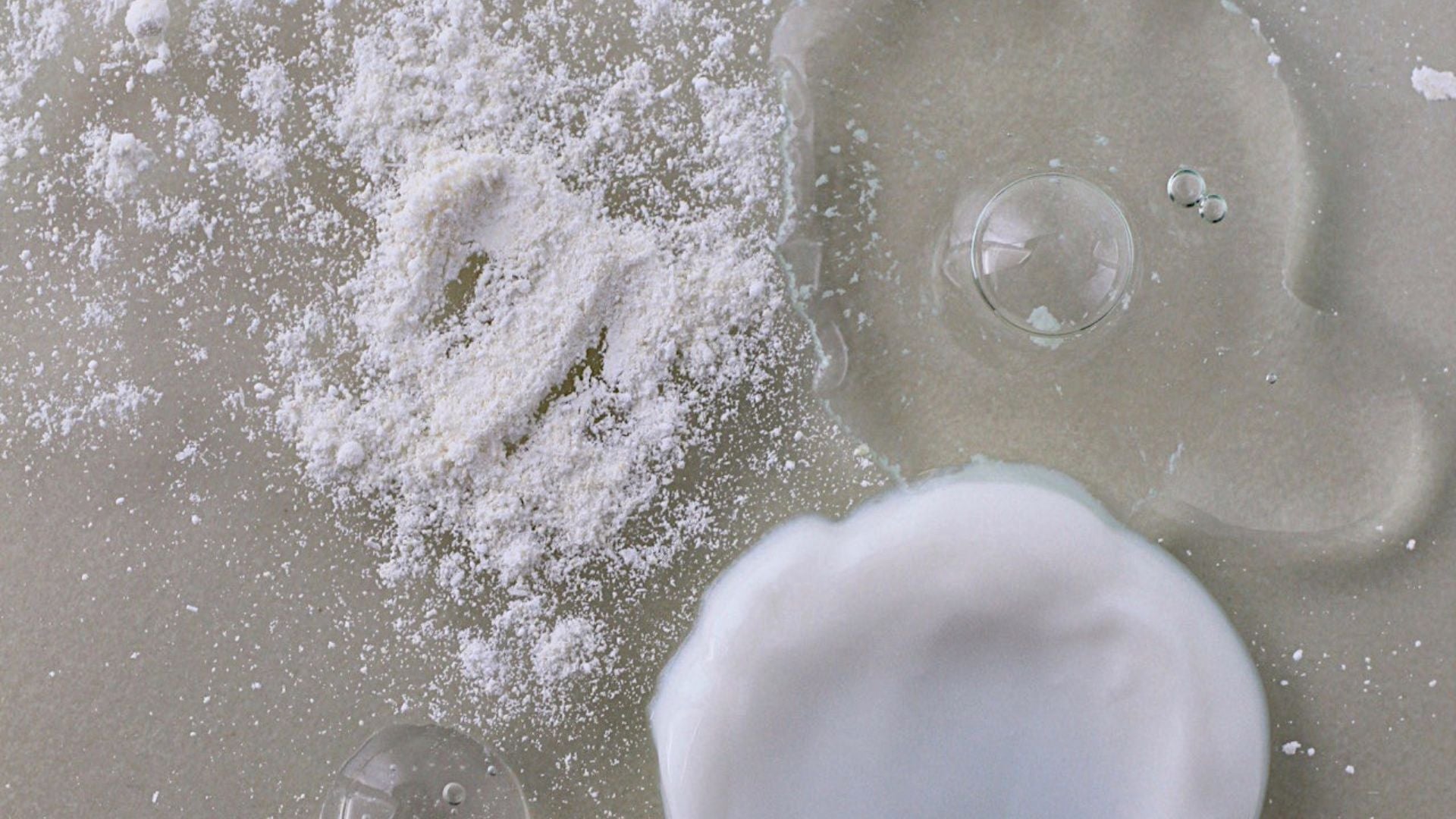
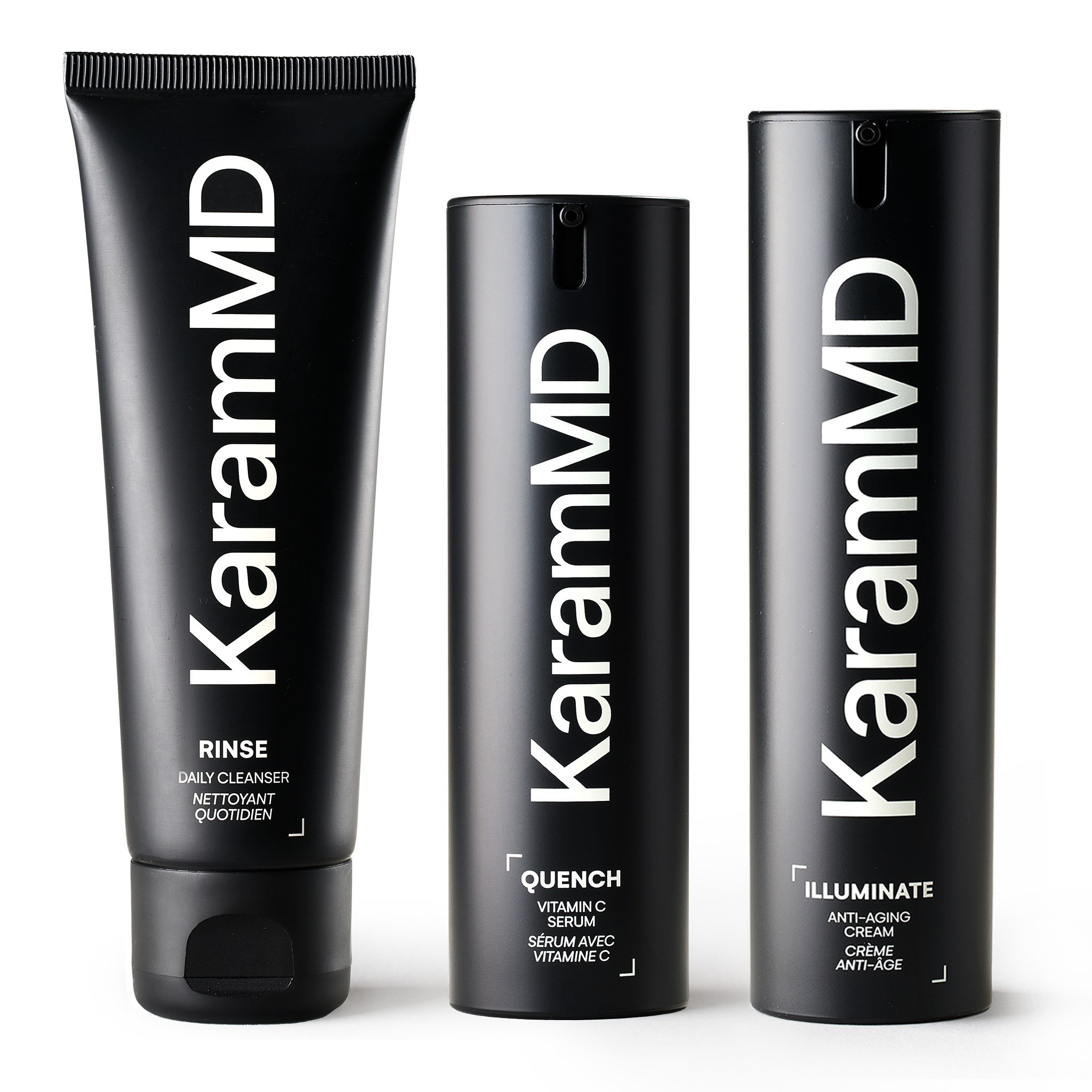
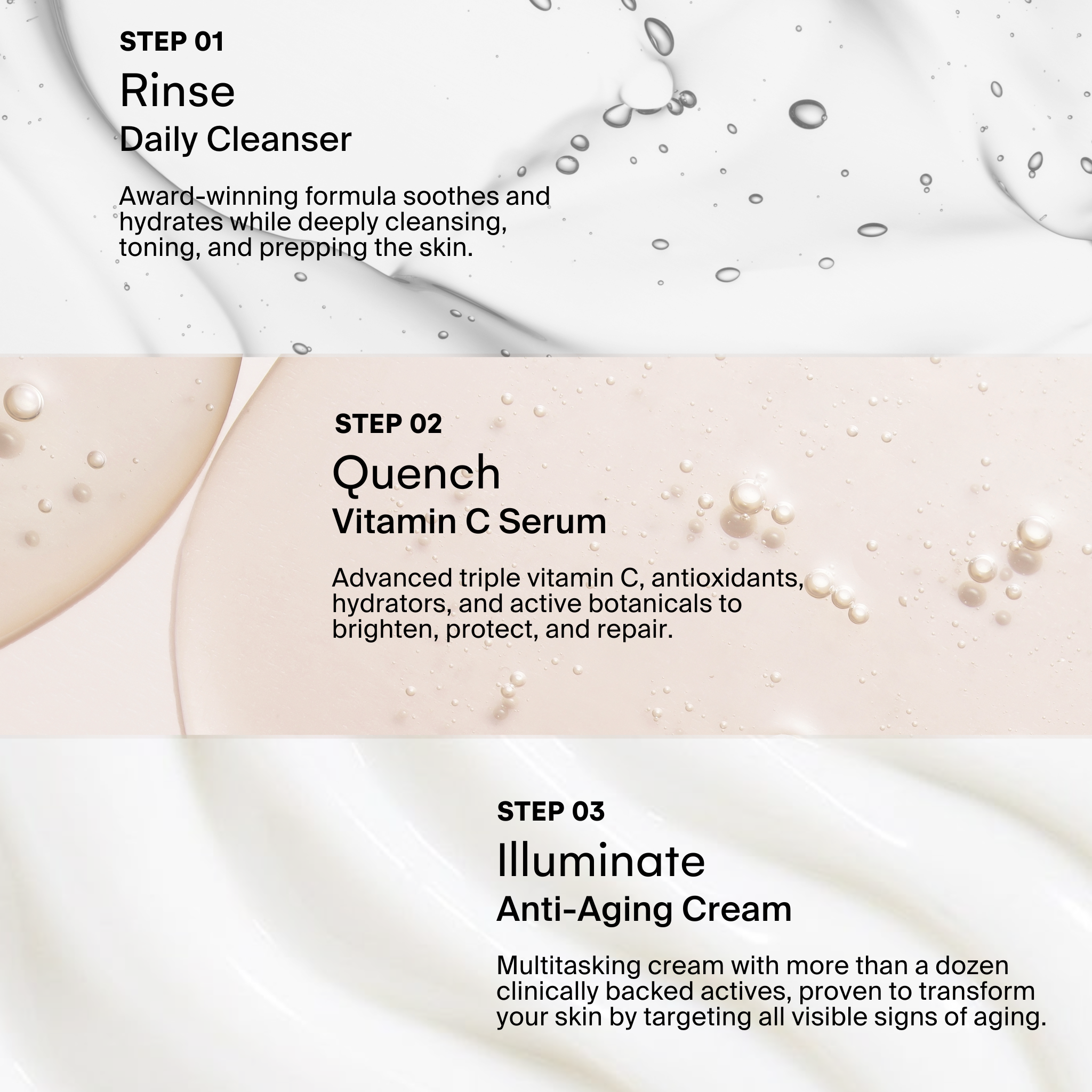
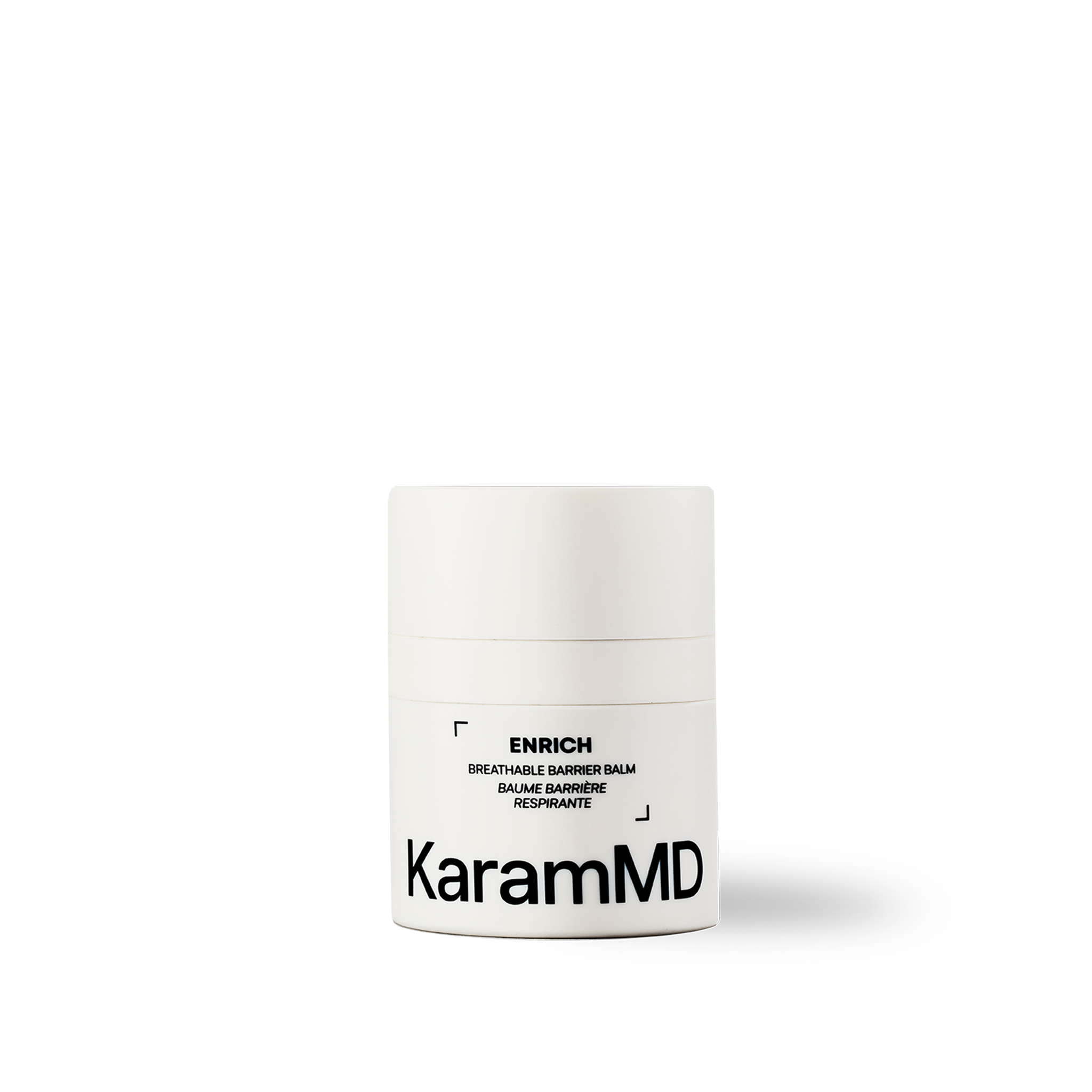
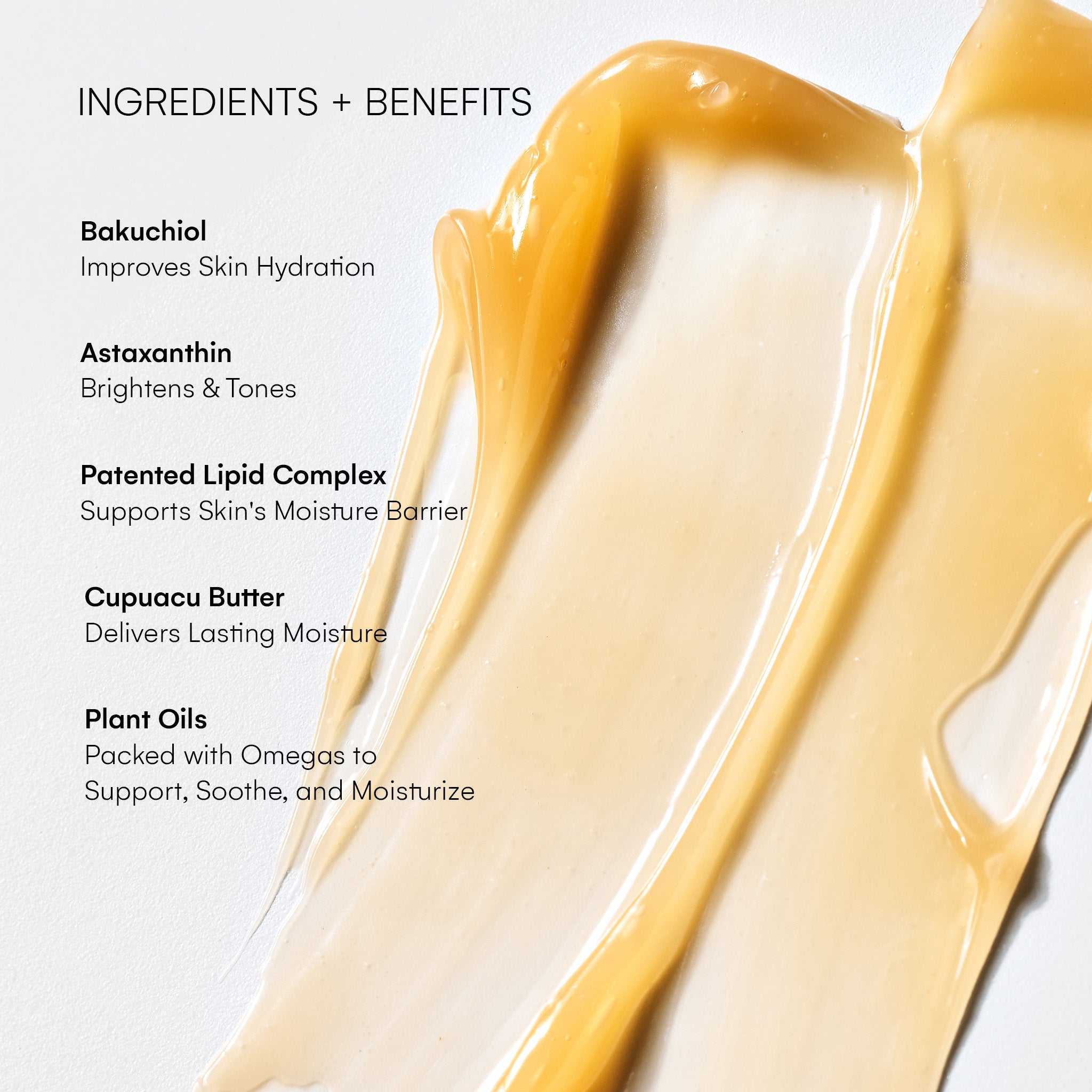
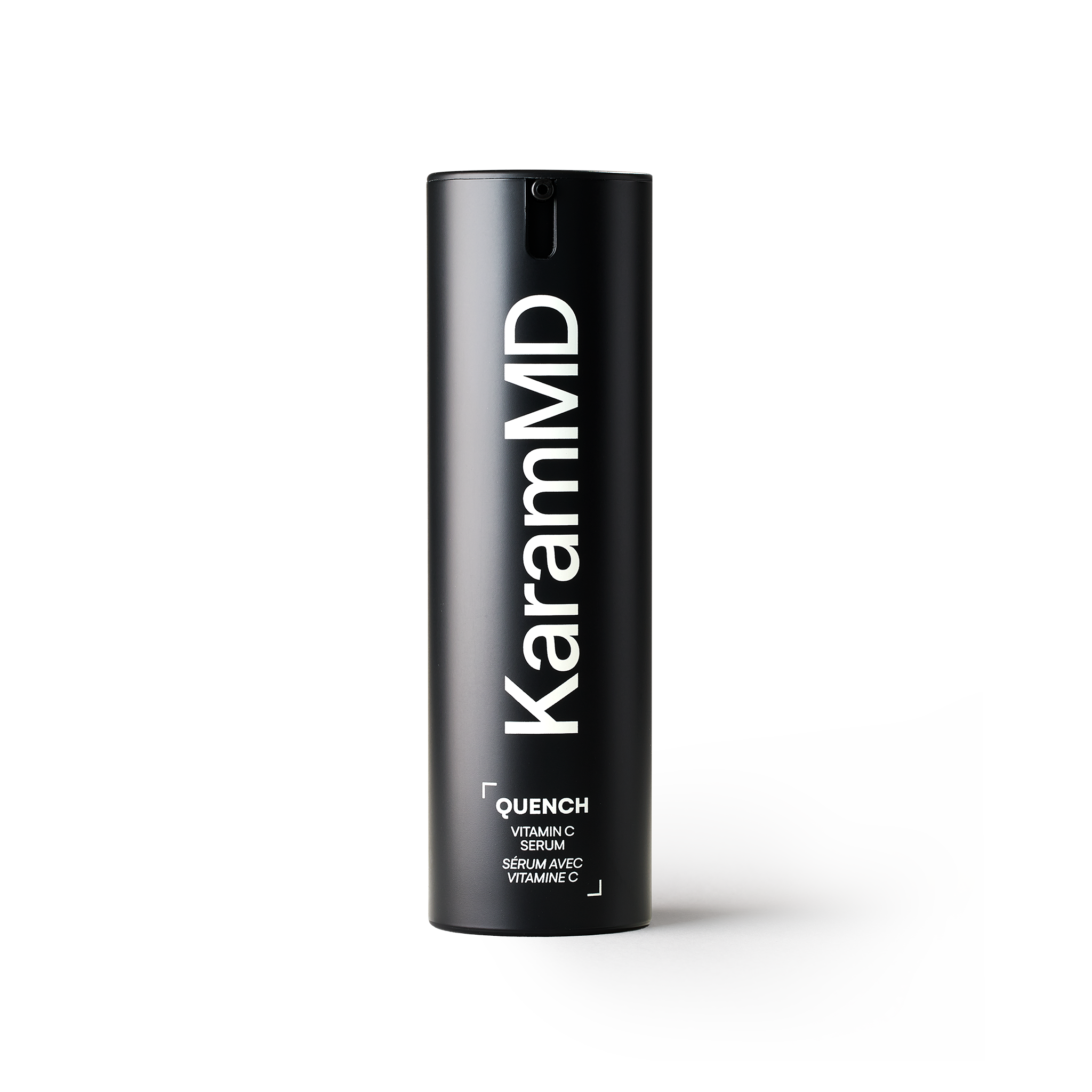
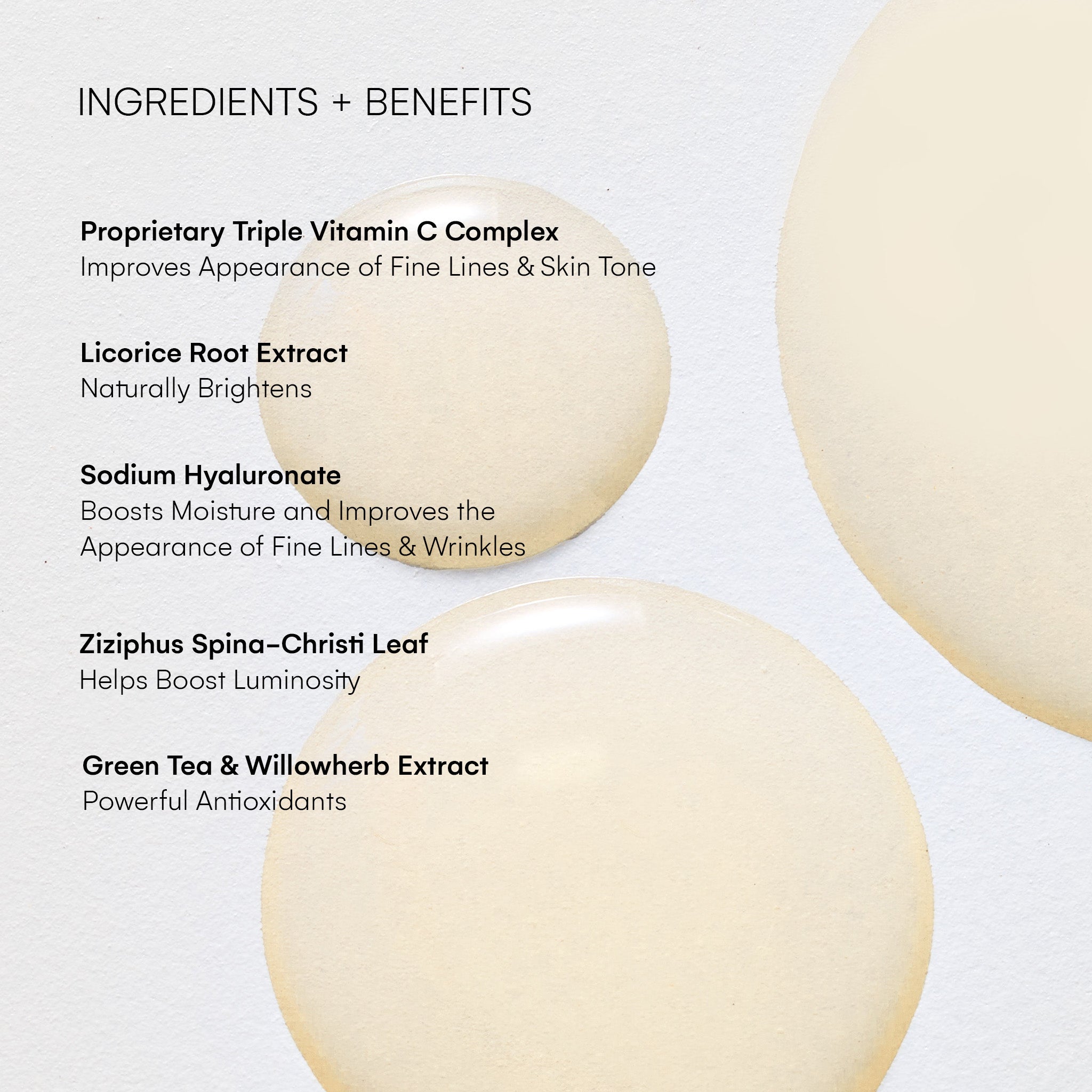
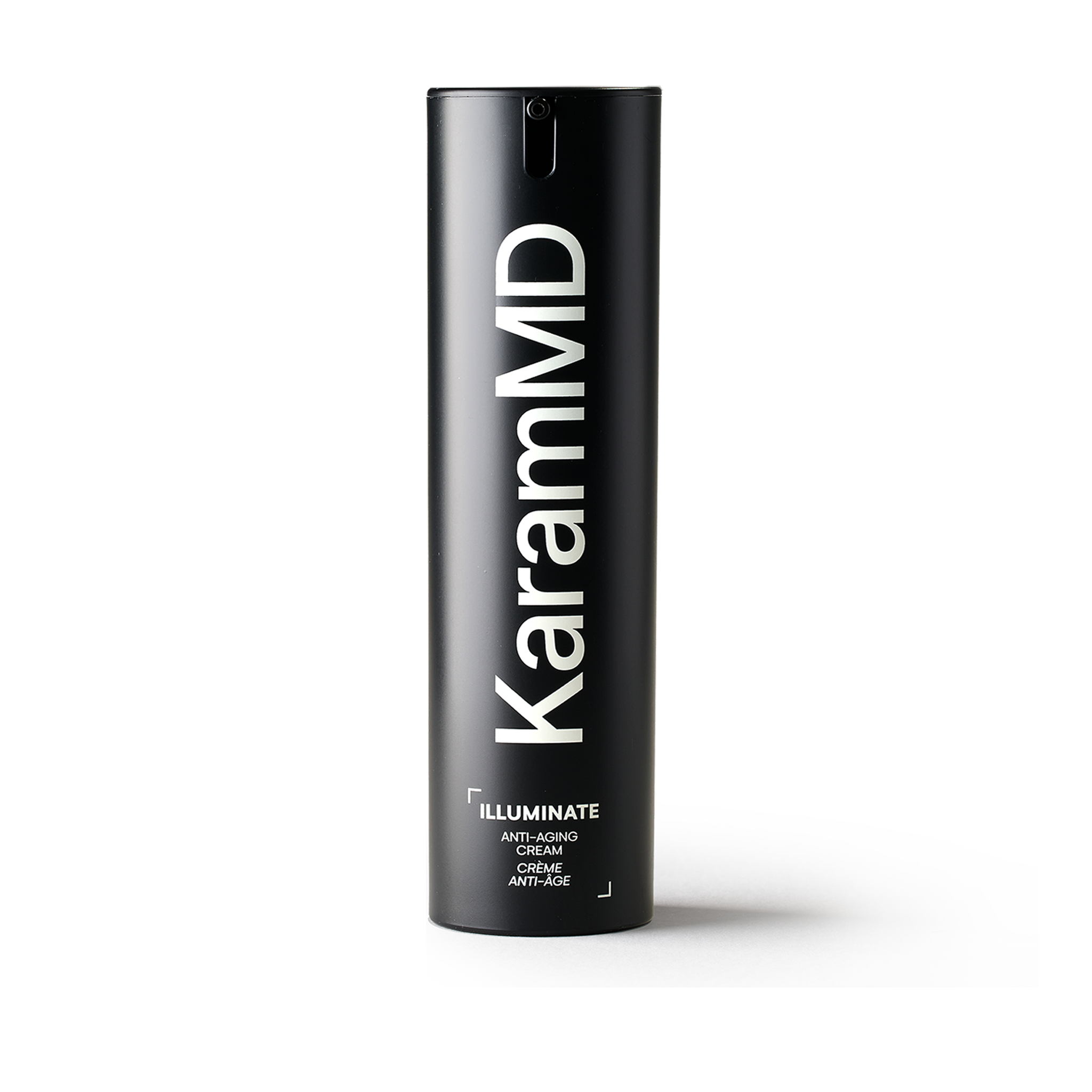
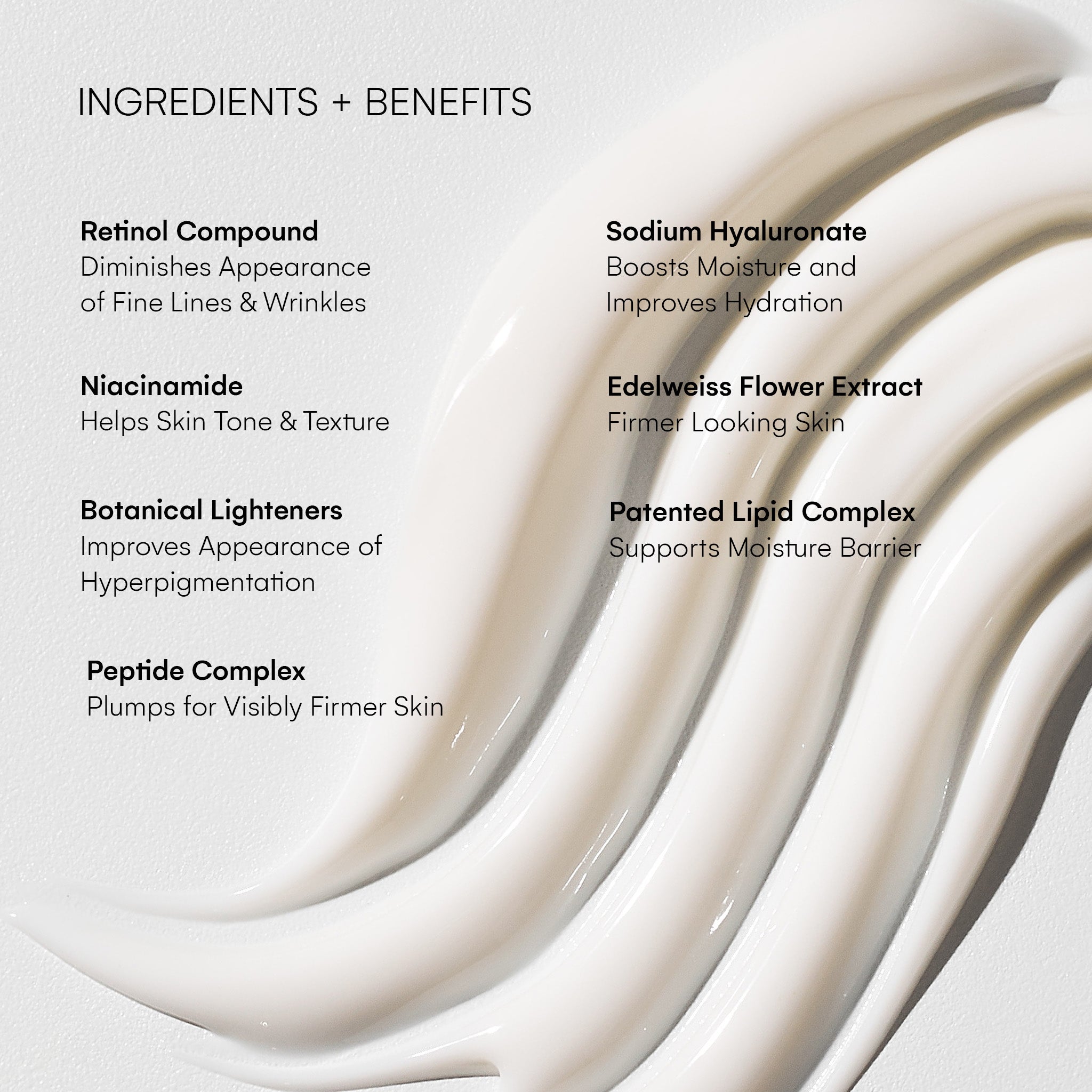
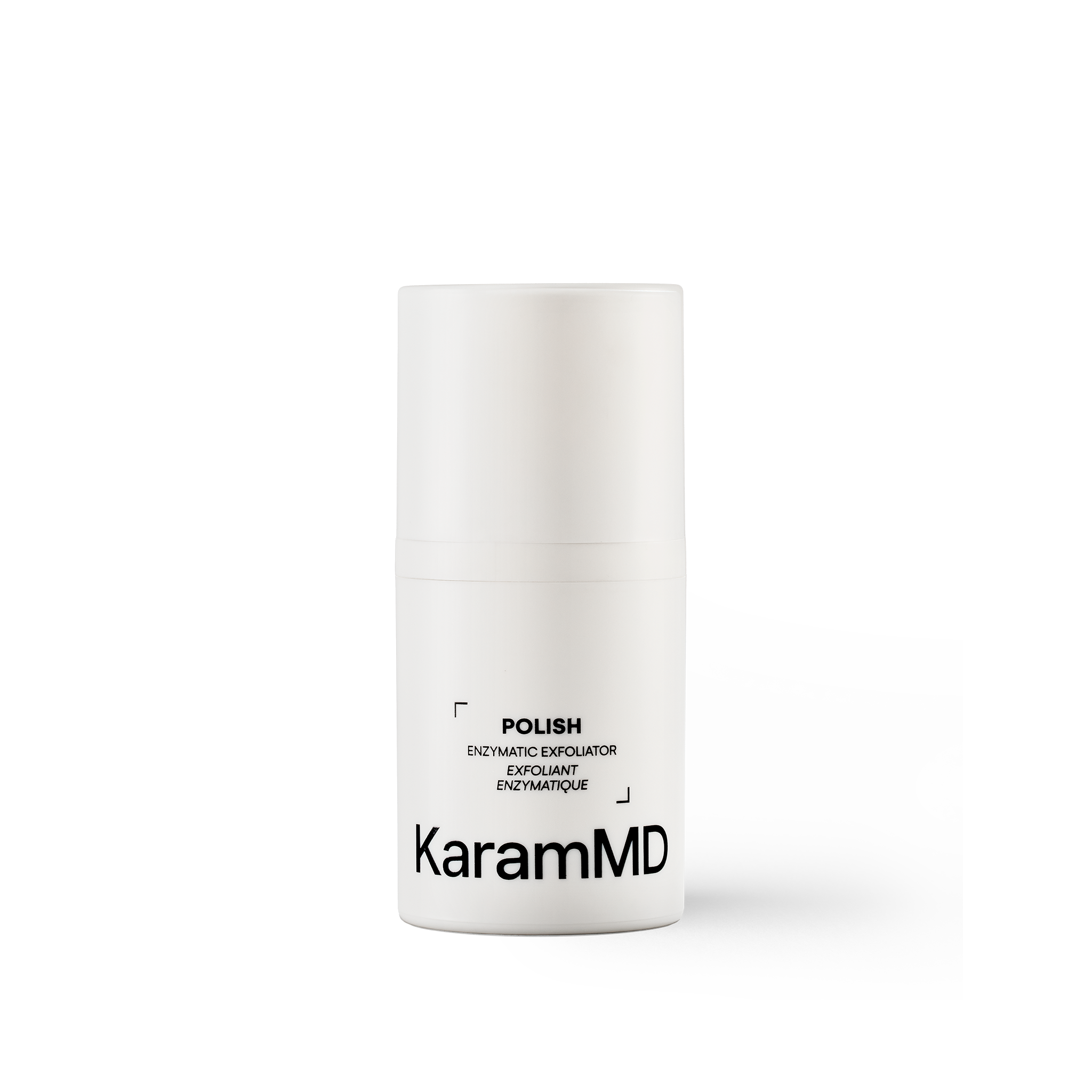
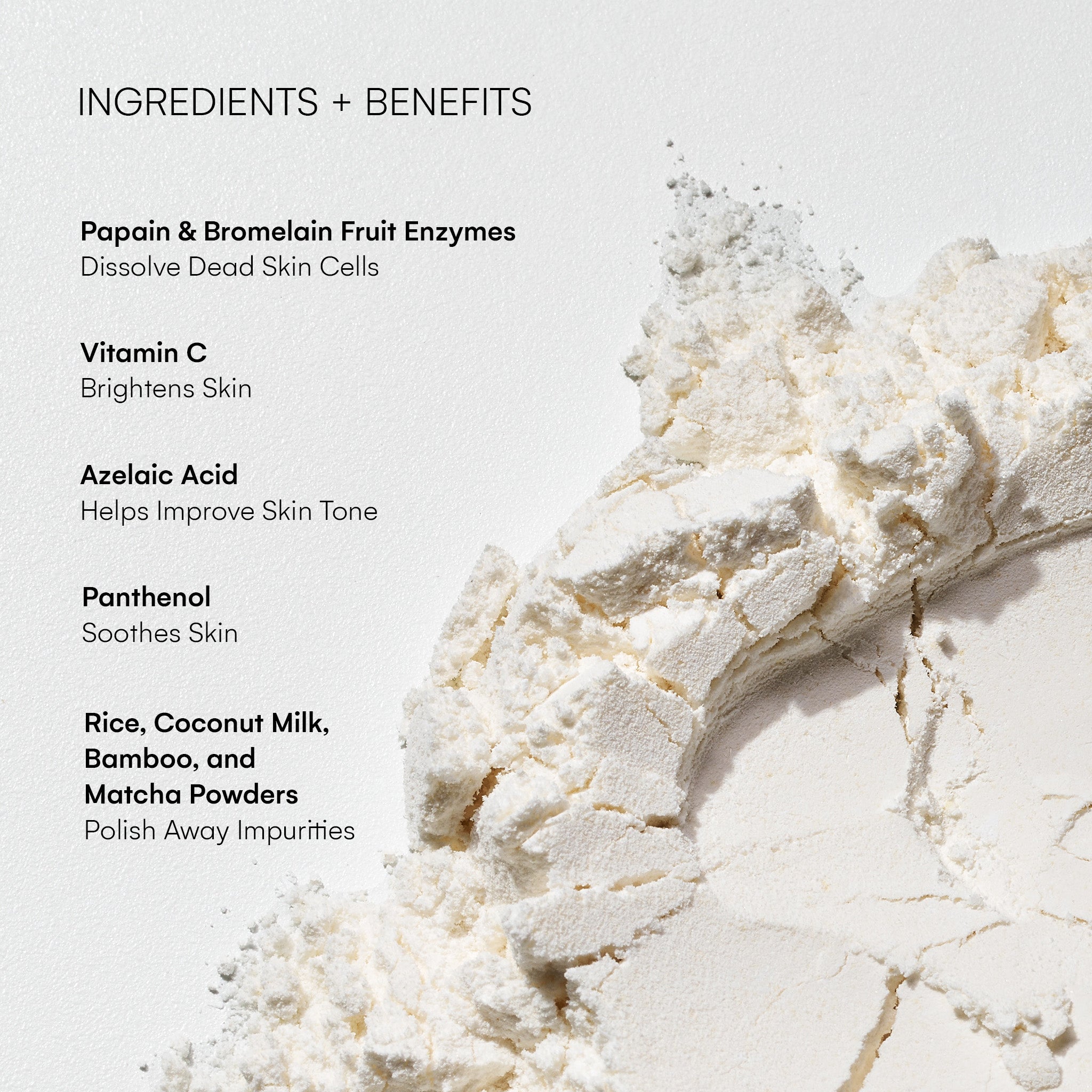
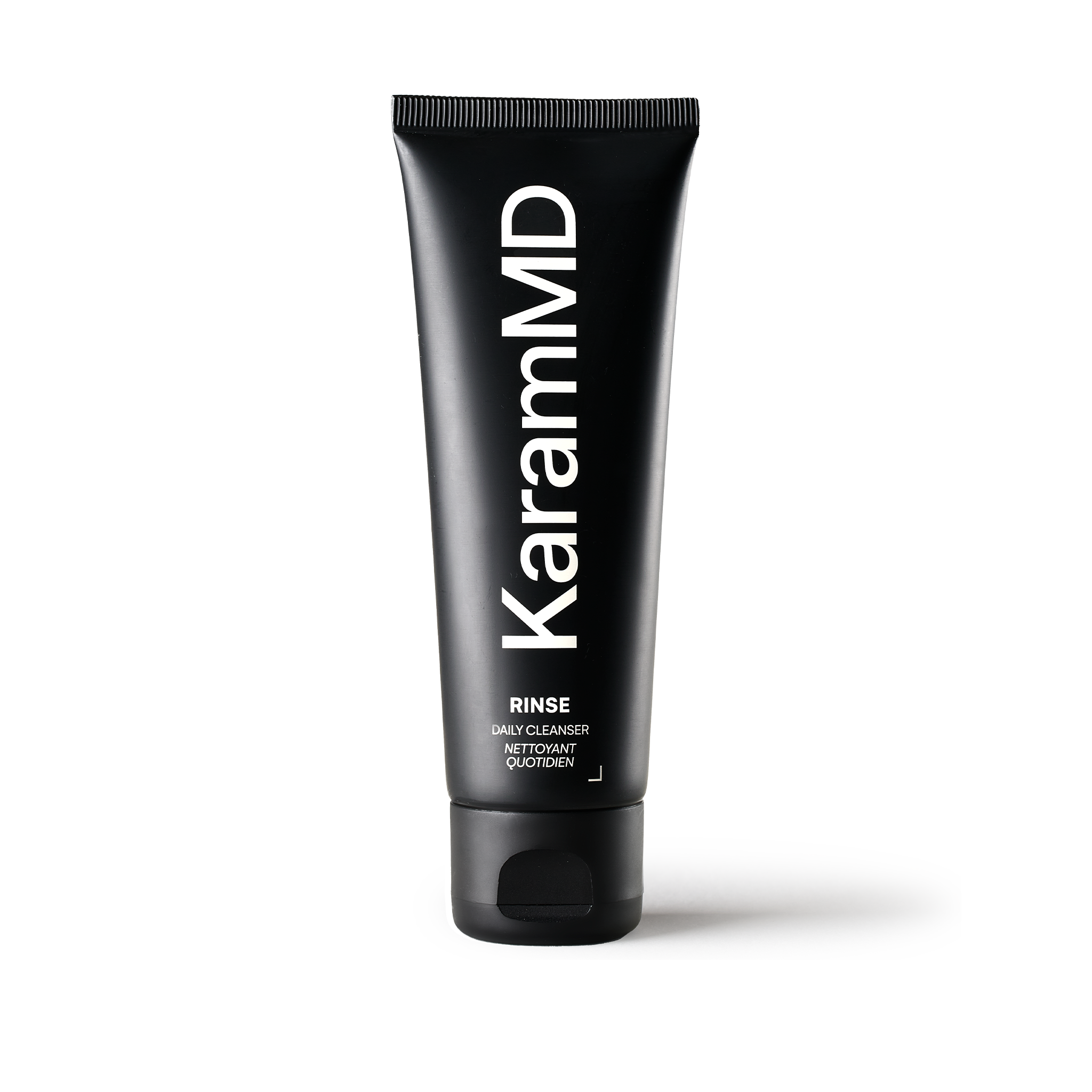

1 comment
Diana vidale
Can I purchase the vit c serum on its own as I don’t like using retinol .
———
KaramMD Skin replied:
Hi Diana—Thanks for your comment! Absolutely! All of our products, including the Quench Vitamin C Serum, are available for purchase independently — either as a One-Time purchase or through a subscription. You’re welcome to build your routine in a way that works best for your skin and preferences, whether you’re skipping retinol or just looking to add one product at a time. You can find the Quench Vitamin C Serum available for purchase on the KaramMD website here: https://karammdskin.com/products/quench-vitamin-c-serum
Leave a comment
All comments are moderated before being published.
This site is protected by hCaptcha and the hCaptcha Privacy Policy and Terms of Service apply.